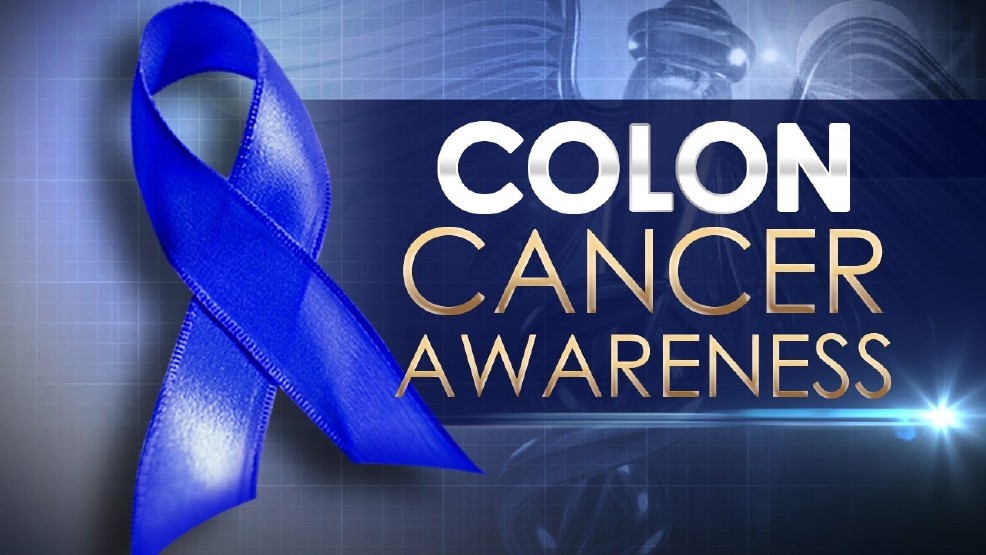
Country Music Star Set Up Awareness for Colon Cancer
Country singer and composer Wade Hayes was at the highest of the hoarding Country charts within the Nineteen Nineties along with his hit song “Old Enough to grasp higher.” however his career came to a screeching halt once he was diagnosed with late-stage carcinoma at age forty two.
Now, four years and one relapse later, Hayes’s doctor has told him there’s no proof of cancer which he ought to go live his life. Hayes took his doctor’s words to heart. He simply free associate album titled “Go Live Your Life” and is back travel, at the same time promoting his new album and raising cancer awareness and cash for individuals with advanced colon cancer, also known as colorectal cancer.
He launched his album in March as a part of carcinoma Awareness Month and partnered with Genentech, a biotechnology corporation, which can present $1 (up to $50,000) for every download of “Go Live Your Life” on iTunes. The money can support the carcinoma Alliance note Fund, a noncommercial that helps individuals with advanced body part cancer.
His Story
Hayes vividly recollects the night in 2011 once he complete one thing was wrong. He’d been experiencing some minor symptoms—bloating, lethargy and slight bleeding—but he attributed them to his mode. He was lifting heavy weights and traveling a lot. One day, as he prepared to fly out for a show, he doubled over in pain.
He did the show and flew back home to Nashville. The sharp pain subsided, but he was still uncomfortable, so he made an appointment to see his doctor. He was young and had no case history of carcinoma, thus he did not suspect something major. The doctor, however, ordered tests, which showed a large tumor on Hayes’s large intestine. Further testing revealed it had metastasized to his liver and diaphragm. He had stage IV colorectal cancer.
Hayes also had a condition that caused part of his intestine to fold into another section of the intestine, creating a blockage. That required a seven-and-a-half-hour emergency surgery. His doctor removed 20 inches of his large intestine, up to 75 percent of his liver and a small section of his diaphragm and gall bladder—along with his “sunny disposition,” he jokingly recalls.
Surgical complications and six months of chemotherapy laid him low. He was beginning to get back to normal when he found out his cancer had returned—exactly a year after his initial diagnosis.
His doctors treated Hayes with chemotherapy again, reducing the tumors’ size before doing a second surgery to remove lymph nodes where the cancer had spread. After that surgery, Hayes received great news: his doctors said there was no evidence of cancer and told him they were confident he would remain cancer free.
“We were looking at my blood work and deciding whether to take the port out for the second time, and [my doctor] expressed to me what a big deal it was that i used to be not solely alive however doing yet as i used to be,” Hayes recalled. “He said, ‘I want you to go live your life.'”
Hayes went home and told his composer friend, Bobby Pinson, what his doctor had said. The two of them came up with “Go Live Your Life,” which opens with, “Take it from someone who knows.” The song talks about how Hayes once took life for granted and now considers every moment precious. He hopes people will listen to that message and truly appreciate life and find the things in life that make them happy.
Because Hayes’s cancer was stage IV and had “become mobile,” he will live with that threat the rest of his life. But, he says, the cancer conjointly gave him a deeper appreciation for keeps. “I notice however precious it’s, and how much I took for granted.” Nowadays, he lives with his dog on a farm in Tennessee and keeps his “eyes and ears open all the time trying to help somebody out.”
Singing and Advocating
He feels fortunate to have made a living writing and singing songs, and now, at age 45, he feels like he’s doing something that matters. On tour, he meets with people after his shows, often praying and hugging them and listening to their stories. Because his story was in the news, they reach out to him and he can empathize.
“They want to talk about it with someone who’s been there,” he says. “That’s as big a part of my job as the actual show—taking time with people.” He tells them that prayer and visualizing where he wanted to be when his treatments were finished helped him through his ordeal.
He sees his job currently as twofold: he is a rustic music singer/songwriter AND a carcinoma awareness advocate.
Colon cancer is one among the foremost treatable styles of cancer. But, unfortunately, it is one of the most deadly if not caught in time. The yankee Cancer Society predicts over 136,000 people will be diagnosed with colon cancer this year, and one in five will have an advanced form.
“Looking at these numbers, early detection is key,” Hayes says. He notes that the normal age to begin screening is 50, but he encourages people to ask about earlier screening if they have a family history of colon cancer or symptoms such as bloating, abdominal discomfort, bleeding or lethargy.
Doctors area unit progressively diagnosis carcinoma at younger ages. “I don’t want people to have to go through what I’ve gone through and have this on their minds for the rest of their lives,” Hayes says.



